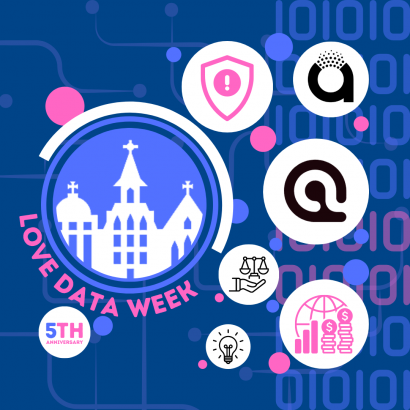Nina Capone Singleton, PhD is the Interim Program Director for the Bachelor of Science in Interprofessional Health Sciences and Associate Professor for Speech-Language Pathology in School of Health of Medical Sciences, at Seton Hall University. Dr. Capone Singleton, who has over 25 years of experience in speech-language pathology, is a highly respected expert in her field. She has worked extensively in clinical settings, providing speech-language therapy to patients with various speech, language and feeding disorders, as well as publishing scholarly articles and a textbook.
Dr. Capone Singleton published her most recent article with the help of Seton Hall University’s Data Services Team. The experiment showed that when preschoolers learn about objects, it strengthens learning the word if they pay special attention to the shape of the object. Between the 2 conditions, if she highlighted the shape as important while teaching the word, children were able to name that object later and generalize the name to novel objects they hadn’t seen. Children also remembered more sounds in the word, so the children had fewer errors saying the word in future tests. Their learning was stronger in that condition than in the control condition.
During the article review process, Dr. Capone Singleton collaborated with Data Services while running an analysis in the statistical software SPSS and interpreting the results. She commented that Data Services worked in a timely and efficient manner. Additionally, Data Services helped her with initial feedback on the article to get it ready for publication. Dr. Capone Singleton enjoyed working with Data Services and would recommend Data Services to others for an extra set of eyes when working with data.





